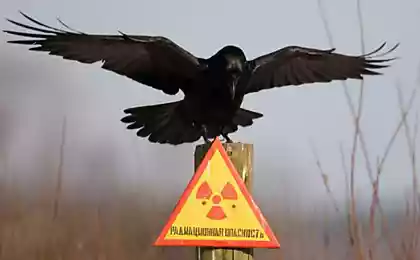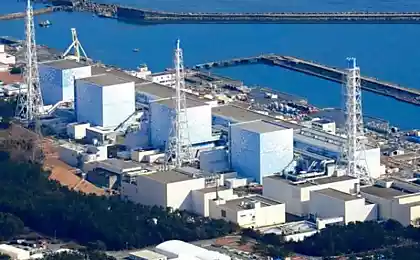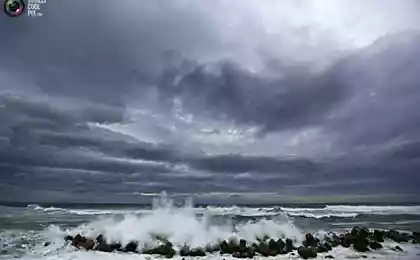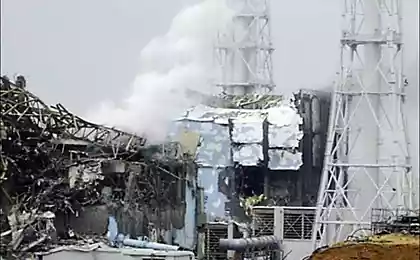154
Algae will be used to decontaminate radioactive water at Fukushima NPP
More than three years after the catastrophic tsunami, the main problem of the emergency nuclear power plant Fukushima remains a huge stockpile (about 500 million liters) of radioactive water. The situation is getting more complicated every day as all emergency containers are overcrowded and the amount of contaminated water continues to grow.
Japanese researchers pin great hopes in solving this problem on the use of algae that can reliably bind radionuclides. A group of biologists from Tsukuba University, led by Professor J. Shiraiva, identified 188 species of sea and river algae and subjected them to rigorous testing.
The prototype was placed in a test tube, where there was 15 ml of water at a temperature of +20 C and round-the-clock intensive lighting. At the same time, the concentration of radioactive isotopes of iodine, cesium and strontium gradually increased in the water. After that, the possibilities of these algae for absorption of radionuclides were compared.
The undisputed winners were 17 species of algae. Among them, it is worth highlighting the single-celled green algae Nak 9 and cyanobacteria Nostok common, which were able to bind, respectively, 90% of radioactive cesium and 66% of radioactive iodine. Not without disappointment - all the algae were freshwater, while the water - naturally, sea. It is possible that for the implementation of this project it will have to be desalinated.
Source: techcult.ru























